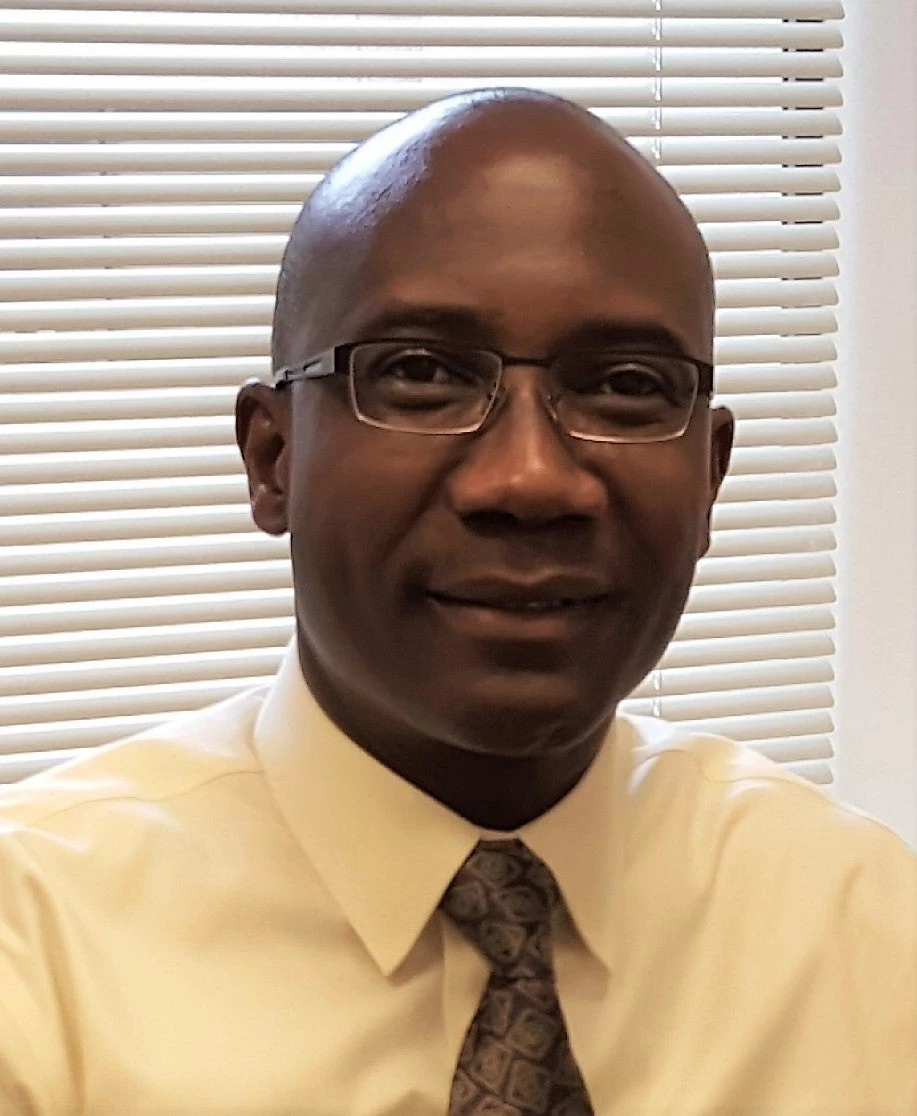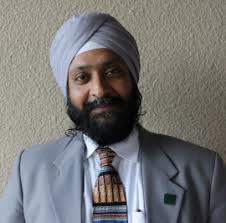 A mother and her daughter at the general hospital of Beni, Democratic Republic of Congo. Photo: World Bank / Vincent Tremeau
A mother and her daughter at the general hospital of Beni, Democratic Republic of Congo. Photo: World Bank / Vincent Tremeau
Universal Health Coverage (UHC) Day is celebrated annually on December 12. December 2021 marks two years since the first cases of COVID-19 were reported, a reminder of the importance of UHC for ending this pandemic and emerging stronger. To achieve UHC by 2030, domestically financed public resources will play a predominant role in keeping the countries’ collective commitments toward the Sustainable Development Goals. This year’s UHC Day focused on building stronger and more equitable health systems to promote global recovery from the COVID-19 pandemic that will leave no one's health behind.
COVID-19 has worsened the pre-pandemic downward trend of financial hardship and people's access to care may worsen, especially in low- and middle-income countries, as well as for lower-income households. In 2019, Adam Wagstaff et al demonstrated how progress toward UHC can be tracked in a UHC index that considers service coverage and financial protection and that UHC performance is correlated with the share of a country's health budget from government and social health insurance schemes. The negative economic growth experienced by most countries in 2020 has led to revenue constraints and expenditure pressures, which will have long-term impacts on public spending, including for health and threatens to reverse the successes of the past. In many lower income countries, essential health services for women and children have experienced significant disruptions.
As countries manage the impact of COVID-19 on their health systems and their economies, UHC Day 2021 called for investments in health systems that protect everyone—including against pandemics – and to build back better. A healthy population is a resilient population, and it is therefore imperative to vaccinate everyone against COVID-19, including in regions where health systems are weak, and rates are lagging. Achieving UHC will also strengthen the countries’ ability to be better prepared for future pandemics, in a context where health security is increasingly important for economic security.
Investing better is key to ensuring financial protection for all and domestically financed public resource mobilization plays an important role in UHC, now more than ever. Post-pandemic, several countries will see lower levels of government spending, which is a risk factor for public financing for health. Strengthening pandemic preparedness and response efforts, and overall emergency preparedness, requires strong and resilient health systems while investing more and better requires sustainable public financing and harmonized health efforts. In addition to improving access to appropriate quality health services, financial risk protection, and strengthening the global health workforce, UHC Day 2021 also focused on domestically financed public resource mobilization and public spending on health.
Cooperation, mutual understanding, and communication between ministries of health and finance, and among donors are critical for mobilizing domestically financed public resources but is often not that easy. Effective messaging frames requests for resources in a way that resonates with finance decision-makers. Strong alignment between external and domestic resources is critical for ensuring the much-needed efficiency gains and for creating transparency about funding flows to the health sector. Tools such as the resource mapping and tracking exercises, and using government systems where feasible will remain important.
In 2017, the Joint Learning Network for Universal Health Coverage launched its Domestic Resource Mobilization, or DRM collaborative, in partnership with the Global Financing Facility for Women, Children and Adolescents (GFF). The DRM collaborative is a community of more than 100 practitioners from 19 countries who share knowledge and provide peer support to improve the domestic mobilization of resources for health care.
The DRM collaborative has created tools that can be used by policy makers to engage in effective communication on health. The Making the Case for Health: A Messaging Guide for Domestic Resource Mobilization is the flagship knowledge product of the DRM collaborative that benefitted from the joint participation of health and finance policy makers. It offers evidence-based arguments to support and improve communication across the health and finance sectors to make the case for investment in health.
Effective arguments for health can be supported by standardized Narrative Summaries on Public Expenditure for Health, each of which considers historical budgetary data for a country and provides descriptive policy context to demonstrate key trends in health financing. Written by DRM collaborative country members these are a useful exercise for policymakers that are interested in understanding and presenting their country’s health financing landscape as they put together the evidence base to back their case for investments in health.
Several Narrative Summaries on Public Expenditure for Health are now available for: Armenia, Bangladesh, Cambodia, Indonesia, Lao PDR, Nepal, Pakistan, and Vietnam. The illustrative analysis reported in each narrative summary shows how to assess DRM options for health using historical health financing trends and demonstrates how these trends have interacted with the overall macro-fiscal context in the country. Several other publications in this series are underway and expected to be available in 2022.









Join the Conversation